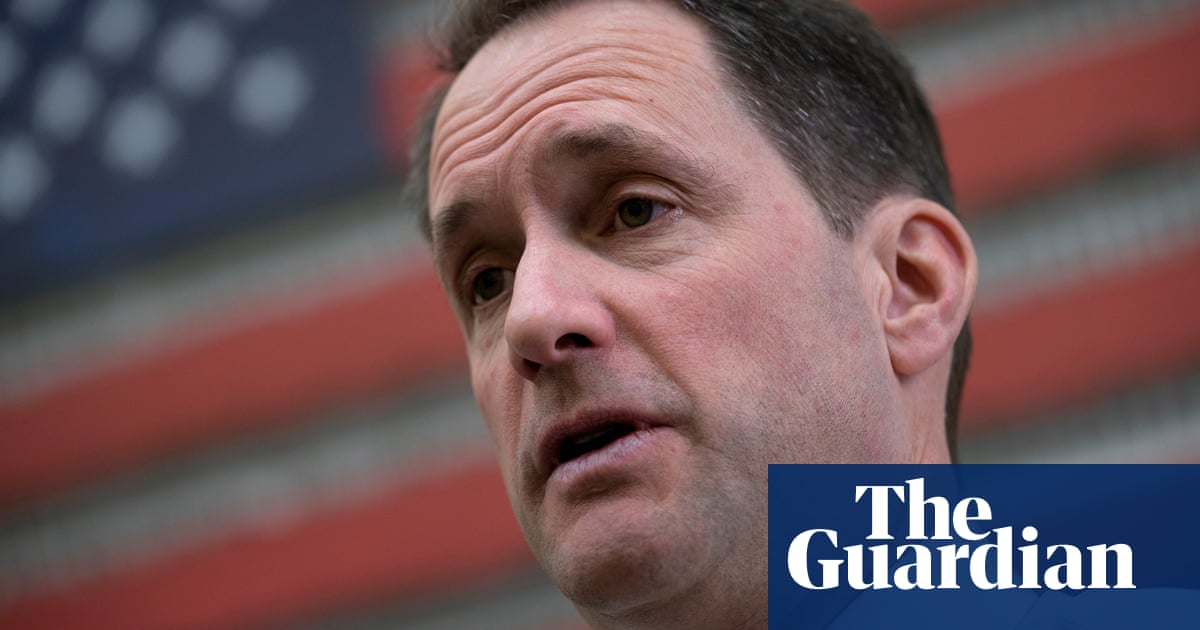The Fallout from Operation Midnight Hammer: Key Insights and Reactions
Operation Midnight Hammer, the highly coordinated US strike on Iran’s nuclear enrichment program, has triggered a whirlwind of controversy and debate among lawmakers. As the dust settles, it’s clear that senior Democrats feel blindsided, raising questions about the implications of this unprecedented military action.
Lack of Communication with Key Democrats
Reports indicate that prominent Democrats, particularly Mark Warner of Virginia and Jim Himes of Connecticut—top figures on the Senate and House intelligence committees—were not briefed before the attack. This absence of communication is striking, especially when juxtaposed against claims that some Republican lawmakers received advance notice. Axios reported that Senate Minority Leader Chuck Schumer was informed shortly before the strikes commenced at 6:40 PM Eastern time.
Pentagon Briefings and Strategic Operations
Himes’s committee staff only learned about the operation after former President Trump made an announcement on social media just before 8 PM. This delayed notification raises questions about the typical protocol surrounding military operations, where key lawmakers are usually kept in the loop.
Defense Secretary Pete Hegseth described the planning behind the operation as “months and weeks of positioning and preparation.” He emphasized that the success of the strike depended on meticulous operational security, mentioning that B-2 bombers had been relocated to Guam as part of the strategy.
Countdown to the Strike
The context surrounding this military action was particularly sensitive, as many Democrats were away from Washington for the Juneteenth holiday. Traditionally, congressional leaders are kept informed about significant military actions, given the potential ramifications. Chris Coons, a senior Democratic member of the Senate Foreign Relations Committee, expressed concern over the need for essential discussions around costs, risks, and strategies.
Calls for Transparency and Congressional Authority
Arizona Senator Mark Kelly highlighted the need for the White House to come to Congress for authorization prior to such significant military actions. He argued that a constitutional approach would involve clear discussions about objectives and strategic plans. This sentiment was echoed by Tim Kaine, who insisted that Congress must authorize any military action against Iran, stating, "this Trump war against Iran— we have not."
Imminent Signs of Military Action
Notably, signs of escalating military involvement were apparent prior to the strikes, with additional US military assets being deployed to the region. Moreover, the postponement of a Senate intelligence committee briefing by National Intelligence Director Tulsi Gabbard heightened suspicions regarding an impending operation.
Ideological Divisions Among Democrats
The reaction within the Democratic Party has exposed an ideological rift, particularly over the engagement of US forces in support of Israel. This military strike could serve to exacerbate existing tensions between moderate and progressive members. Senator Adam Schiff voiced a complex perspective, acknowledging the temporary setback to Iran’s nuclear program but warning about the potential for Iran to accelerate its ambitions in response.
Legislative Responses and Calls for Action
The response from lawmakers has been varied but pointed. Khanna, along with Republican Representative Thomas Massie, has advocated for legislation that would require explicit congressional authorization for military action against Iran. After the operation, Khanna emphasized the need for Congress to reconvene to vote on this pressing matter, an initiative Kaine supports.
Voices Against Military Action
Senator Bernie Sanders and Representative Alexandria Ocasio-Cortez have also been vocal in their opposition to the strikes. Sanders branded any support for Israeli aggression against Iran a "catastrophic mistake," while Ocasio-Cortez labeled the attack a grave constitutional violation. She highlighted concerns that Trump’s actions risked entangling the US in a prolonged conflict.
Diverging Perspectives Within the Party
Halie Soifer, CEO of the Jewish Democratic Council of America, articulated the complex feelings among American Jews, expressing support for Israel’s safety while fearing Trump’s lack of a clear strategy for next steps. On the flip side, JD Vance, the Vice President, defended the presidential authority exercised during the operation, suggesting that the complexities of military decisions are often interpreted through partisan lenses.
Summary of Division and Concern
Amidst the fallout from Operation Midnight Hammer, the lack of briefing to senior Democrats raises profound questions about the balance of military action and congressional oversight in the US. The response has ignited a fierce debate within the Democratic Party, highlighting the tensions between traditional defense strategies and new political landscapes as lawmakers grapple with the implications of this significant military decision.
As Congress prepares for upcoming briefings, the road ahead remains uncertain, potentially setting the stage for a pivotal parliamentary showdown over military authority and international engagement in the months to come.


